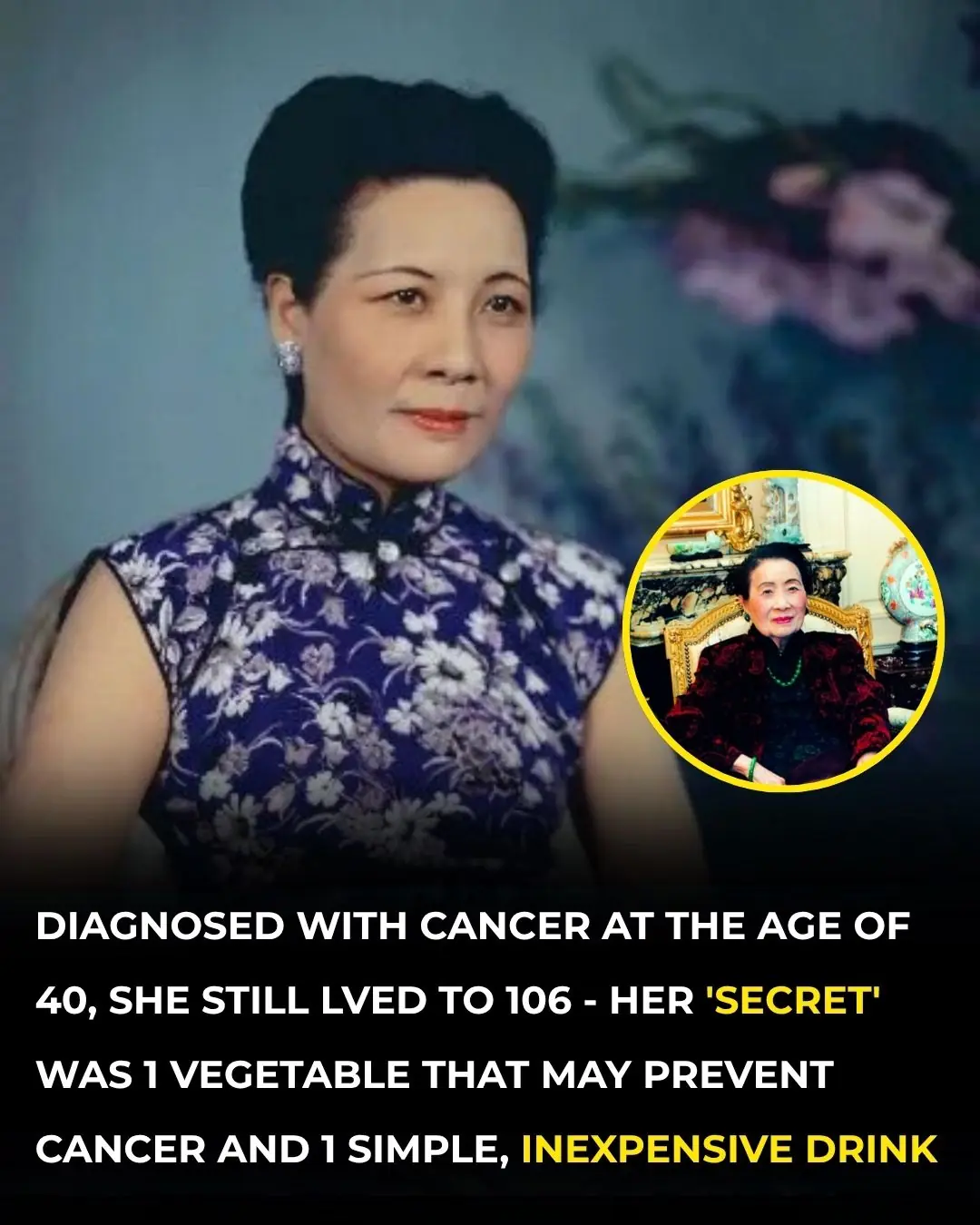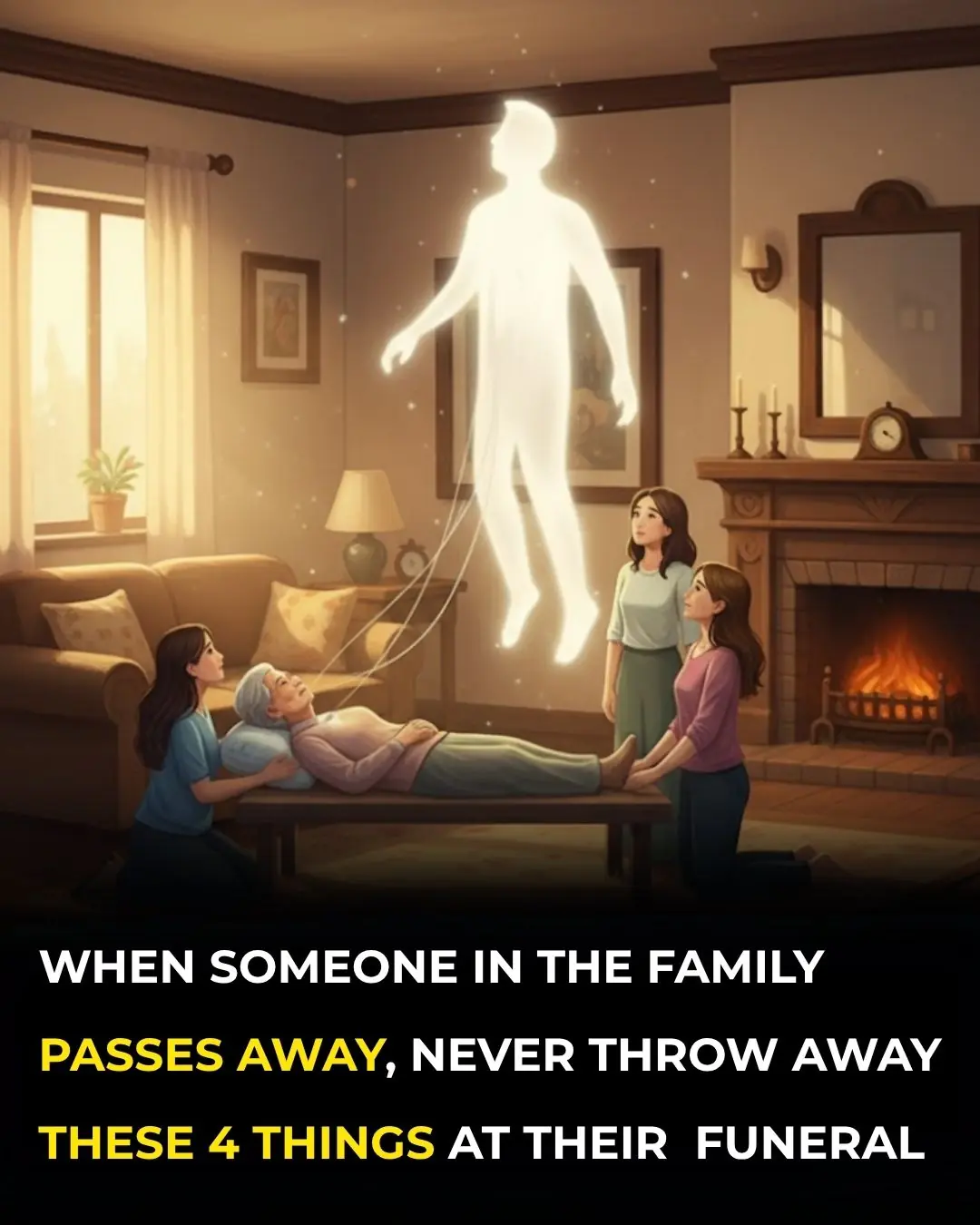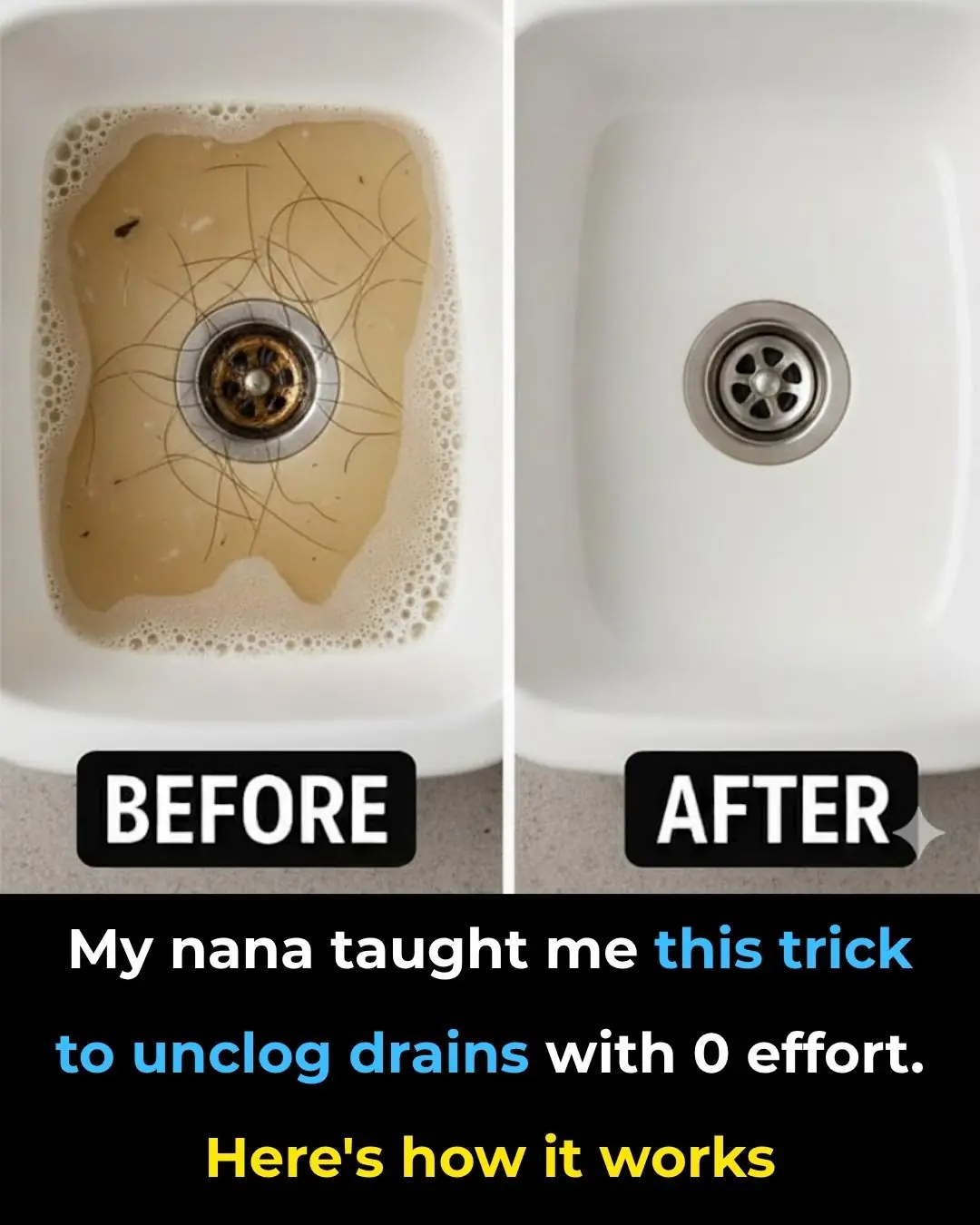
Chilling Final Posts Emerge From TV Host’s 19-Year-Old Daughter Before Her Tragic Death In Los Angeles

The tragic passing of 19-year-old content creator and mental-health advocate Emman Atienza has resonated deeply across social media communities in the Philippines, Taiwan, and the United States, prompting grief, reflection, and urgent conversations about the mental health challenges faced by young people today.
Despite her growing platform, opportunities to travel, and ambitious plans for the future, Emman had openly shared her struggles with mental health from an early age. Her death has highlighted the hidden burdens many young people carry, and it underscores the need for parents, families, and communities to be vigilant and proactive in supporting mental well-being in an increasingly digital world.
This article explores the lessons from Emman’s story, aiming to provide guidance, awareness, and strategies to help families nurture emotional health among young people.
The Pressures of the Digital Age
Young influencers today exist in two distinct worlds: the life their family sees and the carefully curated version shared online. For individuals like Emman, large audiences can provide both a sense of community and immense pressure. Social media often magnifies self-doubt, exposes users to bullying or criticism, and fosters the expectation to always appear “happy” or “successful.”
Parents should remember that online popularity is not a reliable indicator of emotional stability. Outward success can mask deep internal struggles. Monitoring and supporting mental health should remain a priority, even when everything appears fine on the surface.
Early Conversations About Mental Health Are Crucial
Emman began therapy as a pre-teen and continued to speak publicly about her mental health throughout her teenage years. Her openness aligns with research showing that early intervention and consistent support significantly impact long-term mental wellness.
Creating a home environment where anxiety, depression, self-harm, and emotional overwhelm can be discussed openly is critical. Mental-health conversations should not only occur during crises—they should be ongoing and normalized to remove stigma and encourage young people to seek help proactively.
Life Transitions Can Intensify Emotional Struggles
Emman’s move to Los Angeles to pursue new opportunities was a milestone that many saw as positive and exciting. However, major life changes—whether relocation, starting college, or beginning a demanding career—can exacerbate feelings of loneliness, uncertainty, and pressure, especially when young people are far from their familiar support networks.
Parents and caregivers should pay extra attention during these periods, offering both practical guidance and emotional support. Even positive changes can heighten vulnerability, making it essential to maintain open channels of communication.
Public Advocacy Does Not Always Reflect Private Healing
Many believed Emman was managing well because she openly promoted mental-health awareness online. While self-expression and advocacy are commendable and courageous, they do not always signal personal stability or healing.
Children and teens may publicly share their struggles yet privately experience significant pain. Parents should tune into subtle cues—the tone, recurring themes, and shifts in behavior—not just the surface message, and approach conversations with empathy rather than judgment.
Professional Support Is an Ongoing Journey
Emman’s willingness to discuss therapy highlights both the importance of professional help and the reality that mental-health treatment is often long-term. Recovery may include setbacks, and ongoing management is frequently necessary.
Parents can help by:
-
Normalizing therapy and mental-health services
-
Remaining informed and, when appropriate, involved in treatment
-
Understanding that improvement may not be linear
-
Ensuring resources remain accessible even during periods of apparent stability
Long-term support, patience, and understanding are crucial components of any effective mental-health strategy.
Creating a Supportive Emotional Environment
Young people who feel emotionally supported by caregivers tend to build greater resilience when facing stress. Parents can foster this environment by:
-
Checking in consistently about feelings and daily challenges
-
Validating emotions rather than dismissing them
-
Encouraging discussion about online experiences, identity, and fears
Supportive communication encourages teens to reach out early, often preventing emotional crises from escalating.
Recognizing Silent Warning Signs
Experts emphasize that parents should watch for patterns that may indicate distress, including:
-
Sudden withdrawal from family, friends, or social activities
-
Loss of interest in previously enjoyed hobbies
-
Sleep disturbances, fatigue, or energy changes
-
Expressions of hopelessness or feeling like a burden
-
Increased secrecy, particularly around online interactions
While no single sign confirms mental distress, repeated patterns warrant compassionate discussion and potentially professional intervention.
A Call for Awareness, Prevention, and Action
Emman Atienza’s story continues to inspire vital conversations about youth mental health. Her advocacy helped reduce stigma and made others feel less alone in their struggles. Today, her story urges families, schools, and communities to prioritize mental-health education, early detection, and sustained support for young people.
Key Takeaways
Emman’s life reminds us that:
-
Mental health requires ongoing attention
-
Online visibility does not equate to well-being
-
Major transitions can increase emotional vulnerability
-
Open, compassionate dialogue at home is essential
Her story is both a tribute to a talented young woman gone too soon and a call to action for families, educators, and communities.
If you or someone you know is struggling with mental health, reach out immediately to local crisis resources or a trusted professional. Early intervention saves lives.
By learning from Emman’s experience, families everywhere can better provide understanding, safety, and connection for the young people they love.
The Los Angeles County Medical Examiner‑Coroner’s Office ruled her cause of death as suicide, underscoring the urgency of awareness and proactive support.
News in the same category


I Came Home From Work And Found My 16-Year-Old Adopted Twin Daughters Had Locked Me Out Of My Own House

Prince Harry And Meghan Markle Turn Heads With Surprise Appearance At Dodgers Game

A legacy of health: Soong Mei-ling – longevity and fight against cancer

The Firefighter Who Chose Life Over Orders.

Seven Years Apart — One Roar of Recognition.

The Day Love Came in Sixes.

The Puppy Who Cried for His Brothers.

Mosaic of a Mother’s Heart — A Story of Breaking, Healing, and Becoming Whole Again.

KaBu’s Last Day in Chains — and His First Day of Freedom.

A LAST GIFT FROM MY FATHER THAT CHANGED MY FAMILY FOREVER

My MIL Barged into Our Apartment, Saying, 'Your Daughter from Your First Marriage Isn't Welcome Here' but My Mom's Response Sh ut Her Down

He’s The Brother Of A Hollywood Legend And A Dad Who Left His Baby Behind—Can You Guess This ’80s Heartthrob?

The Four Pieces In A Loved One’s Closet You’ll Regret Throwing Away

Many People Still Don’t Know The Meaning Behind Shoes Strung Up On A Power Line

This Happy Little Boy’s Face Hid A Darkness That Would Shock The World

Off The RecordNadya Suleman, A Mom Of Octuplets Celebrates Their 15th Birthday

CelebrityDiane Keaton, Beloved Star Of “Father Of The Bride” And “The First Wives Club,” Dies At 79
News Post

If You See a Hole in a Pen Cap, This Is What It Means

With This Cream, My Grandmother Looked 35 at 65 – The Best Collagen Mask

Mimosa Pudica Tea: How to Prepare and Health Benefits

🍃 5 Reasons To Add Vinegar to Your Laundry – Safe, Natural & Effective

All lupus cases may be linked to a common virus, study finds

I Went To Pick Up My Wife And Newborn Twins From The Hospital — But She Was Gone, Leaving Only A Note

This little-known natural supplement may shrink artery plaque, study finds

This new million-person study just changed what we know about cholesterol and dementia

Why Should You Flip a Honey Jar Before Buying It? 5 Expert Tricks to Spot Fake Honey

How to Survive a Heart Attack When You’re Alone: Immediate Steps You Must Take!

Reverse Premature Graying With a Simple Black-Dye Remedy Using Starfruit and Potatoes!

These Plants Attract Snakes — Remove Them Immediately

A Child Vanished In A Mall Restroom—The Clue Found 4 Years Later Will Give You Chills

🌿 20 Gentle Benefits of Chewing Clove Daily — The Ancient Spice for Modern Wellness

Her MIL Said “Whoever Has A Son Will Stay” — What Happened Next Shocked The Entire Family

So clever

5 Early Warning Signs of Stomach Cancer: Even One Should Prompt a Medical Check-Up

This Happy Little Boy’s Face Hid A Darkness That Would Shock The World

THE MOST OVERLOOKED SIGNS THAT YOU’RE CONSUMING TOO MUCH SUGAR EVERY DAY
